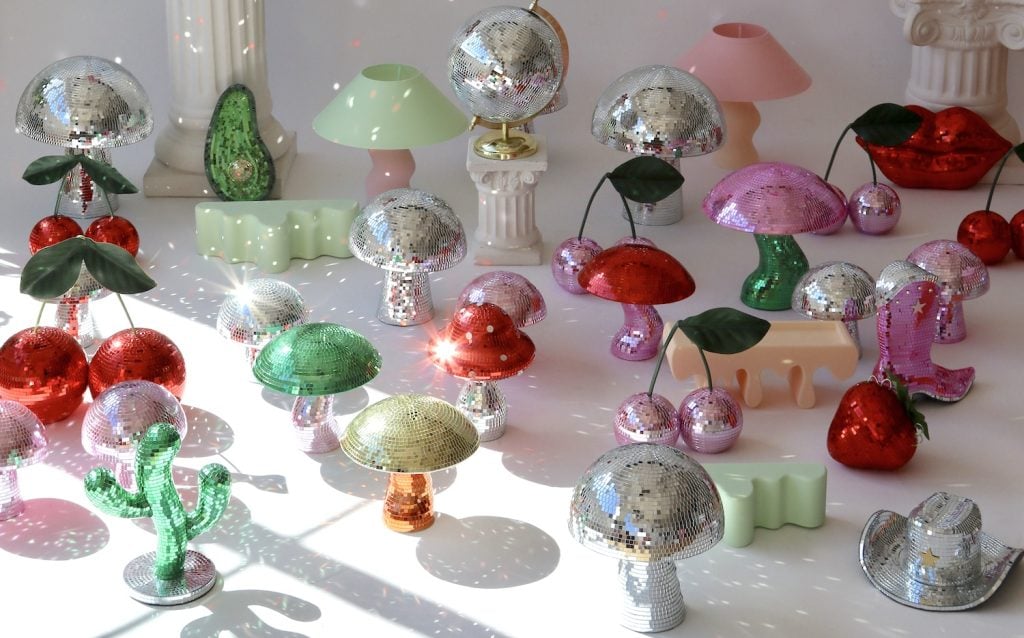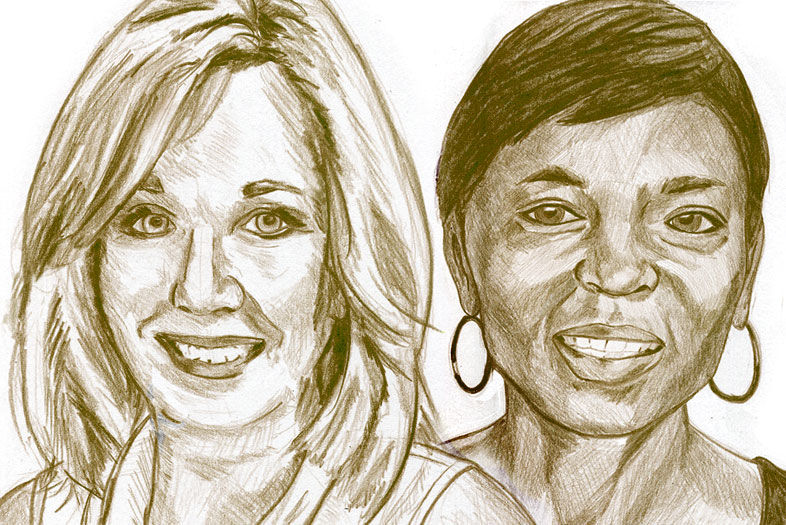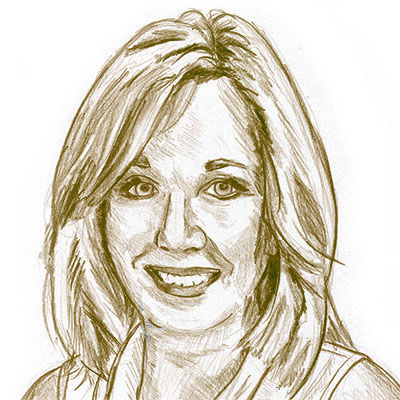
Roundtable: San Diego Women in the Arts
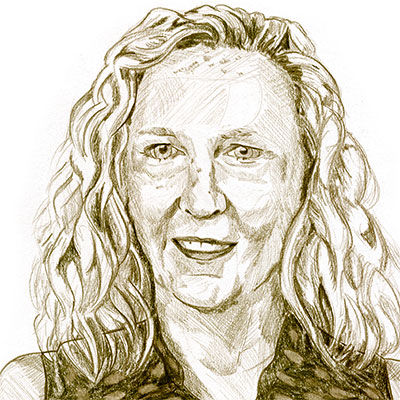
Roundtable: San Diego Women in the Arts
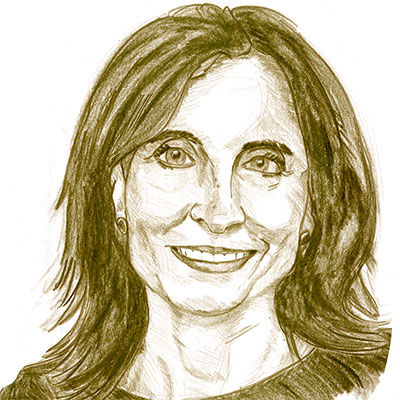
Roundtable: San Diego Women in the Arts
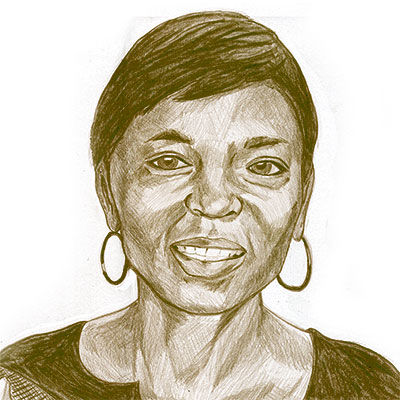
Roundtable: San Diego Women in the Arts
The art world has had its share of male influence, but San Diego’s cultural landscape is shifting. More women are taking on leadership roles, forging a new wave of artistic expression in the city. In June, Judy Forrester was named CEO and executive director of the New Children’s Museum, which continues to inspire and educate the city’s young art lovers and thinkers. Last October, Kristin Lancino, who spent 14 years as the director of artistic planning at Carnegie Hall, stepped in as La Jolla Music Society’s new president and artistic director. She’ll oversee the organization’s transition into its first and very own $50 million concert hall. This fall, Kathryn Kanjo will become the first woman to head the Museum of Contemporary Art San Diego in more than 60 years. Meanwhile, the boundary-pushing Moxie Theatre, helmed by co-founder and artistic director Delicia Turner Sonnenberg, has been a platform for female playwrights and directors since its inception in 2005. Together these four women make up some of the most innovative and powerful voices in the local arts community. Here, they sat down with us to discuss the state of the arts.
Culture Shock
Judy Forrester: When I came to San Diego it was really a hang-ten kind of town. From an economic standpoint, we’ve learned that as our businesses grow and we bring in people who come here from more metropolitan cities, there’s really a demand for arts and culture.
Kristin Lancino: I’m used to East Coast, established organizations. I still respect and admire them, but here, collaboration is a big word. There’s a willingness to make a left turn rather than keep going in a straight line. I find it very invigorating and fertile.
Kathryn Kanjo: We are further along now. One difference from the ’90s [when Kanjo first worked at MCASD] is that visual artists are staying in town, making their own spaces, in addition to the existing museums.
Delicia Turner Sonnenberg: There’s been an explosion in the last 10 years of theaters my size. We have a really healthy ecosystem with emerging theaters and established theaters. We can call any of the established theaters with a question and they will answer.
What Glass Ceiling?
KL: I was blessed with a father, brother, and friends who always treated me like I was just a person. I was allowed to imagine and to create. With women friends in other situations, it’s made me think about not just women but all walks of our society—are we giving everybody an opportunity to come to the table? We have to go deeper so that we’re giving a voice to our talented young people who haven’t had a voice.
KK: The contemporary museums are speculative and forward-looking. They’re risk-taking by design, if you can call hiring a woman “risky.” But we know the norm. I do know that my management style is one where I want to partner and consider. We have to be sensitive to multiple points of view.
DTS: One of the things we’ve had to do at Moxie is teach the press how to talk about us, that we’re not anti-men because we’re all women. At Moxie we love men. Just because we’re for female playwrights and people who are out of the mainstream doesn’t mean we’re against mainstream stories.
Mentoring and Modeling
DTS: It’s all about being your best self, because you don’t know who’s watching. Your light has to shine. I know I don’t consciously think of myself as a role model, but I know that art has the power to change people’s lives.
KK: Everybody’s a role model, but what’s different about us is that, because we’re the leaders of these organizations that are marking our culture, we’re giving creative space to the voices of our time. We want to do it well.
JF: In the roles we have we can be aspirational from afar, but what gives me the most joy is being a mentor. I teach girls to be non-gendered in the workplace. DTS: It’s not a role model question but a mentor question. That is really rewarding.
Women, Millennials, and the Future
KL: I see a group of young people who have much more open minds. I see that openness to a lot of different voices. On the other hand, I hope they understand that it takes a heck of a lot of work, that none of us is entitled.
JF: What we’re finding in the corporate world is that millennials think differently. They’re active, not passive. They’re collaborative, they’re not hierarchical. It’s important that we understand them and what’s important to them.
DTS: What’s important to us at Moxie is not just creating work for ourselves but creating a place that can outlive us. When my daughter is running Moxie, her generation will be different and maybe our mission won’t be necessary. Maybe then we will have gender parity on stage, and it will be more reflective of society.




